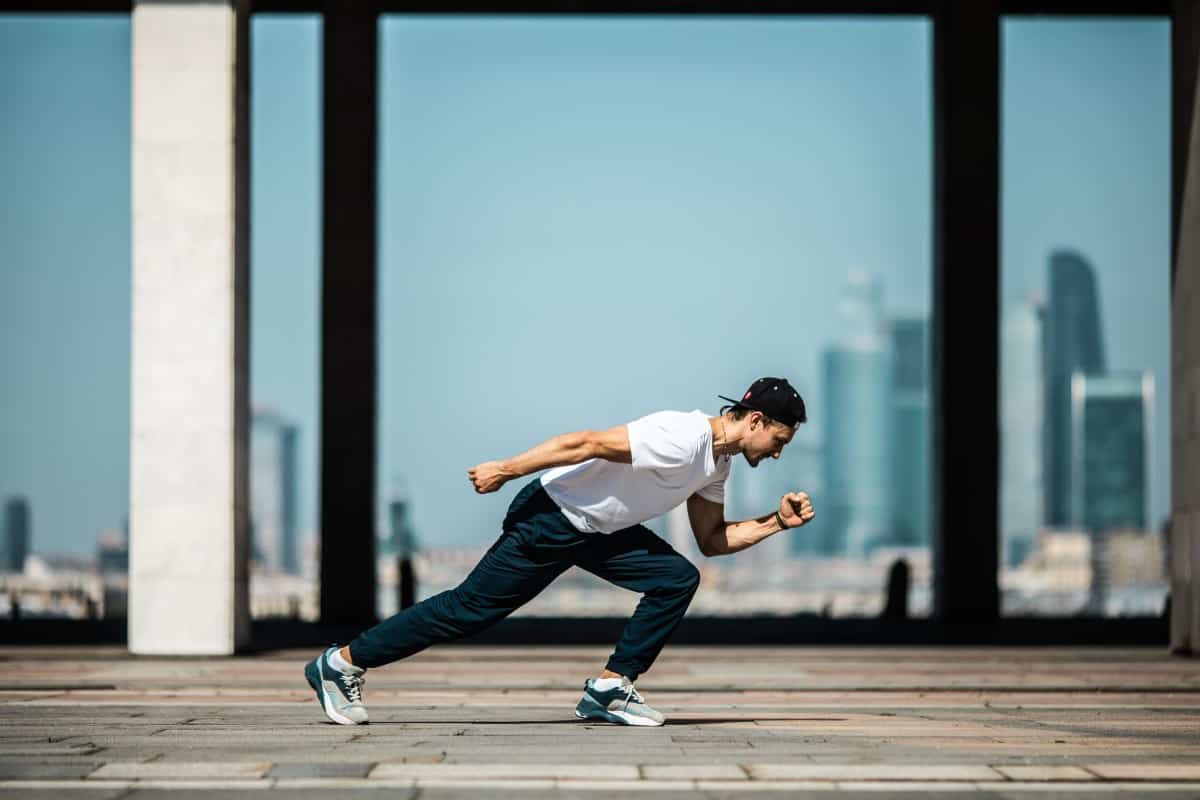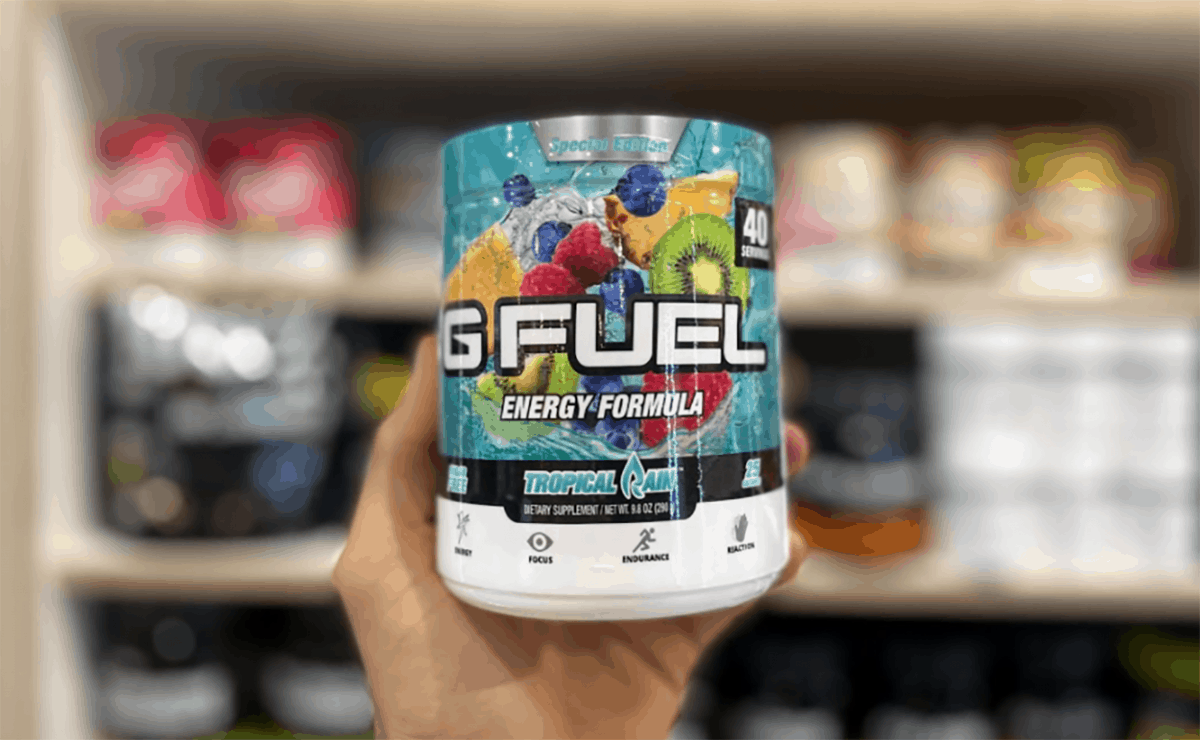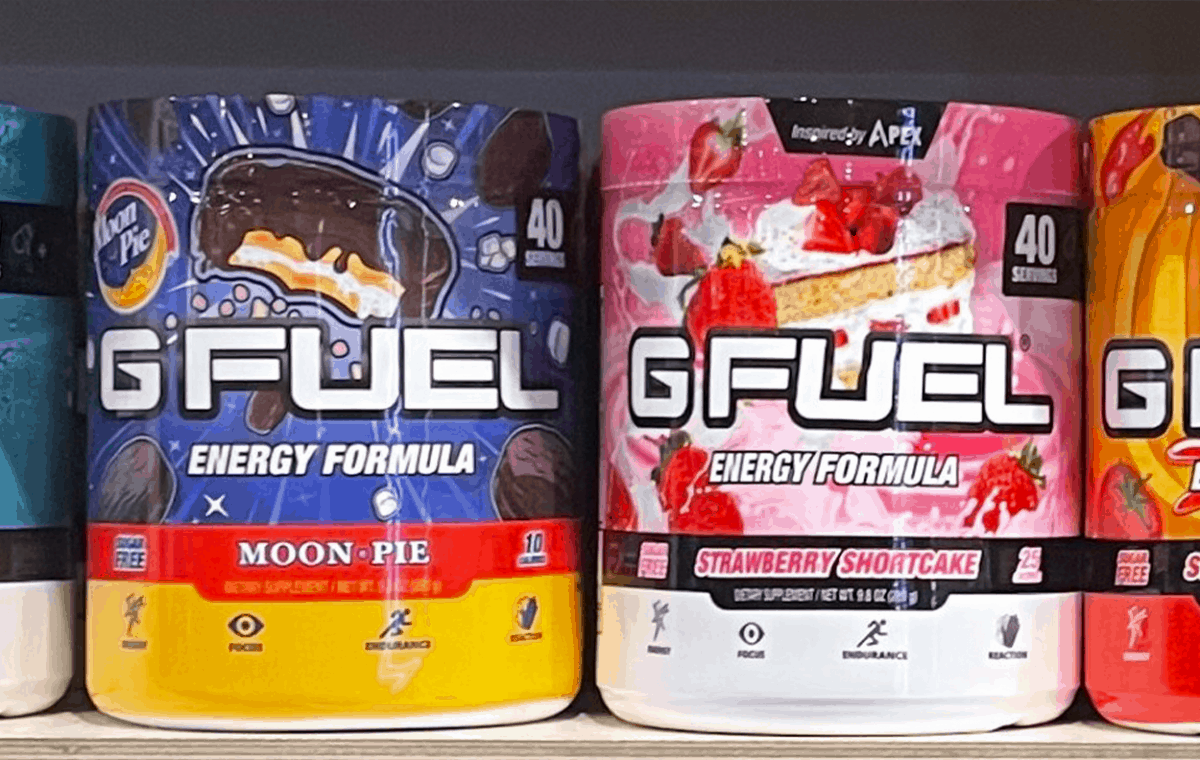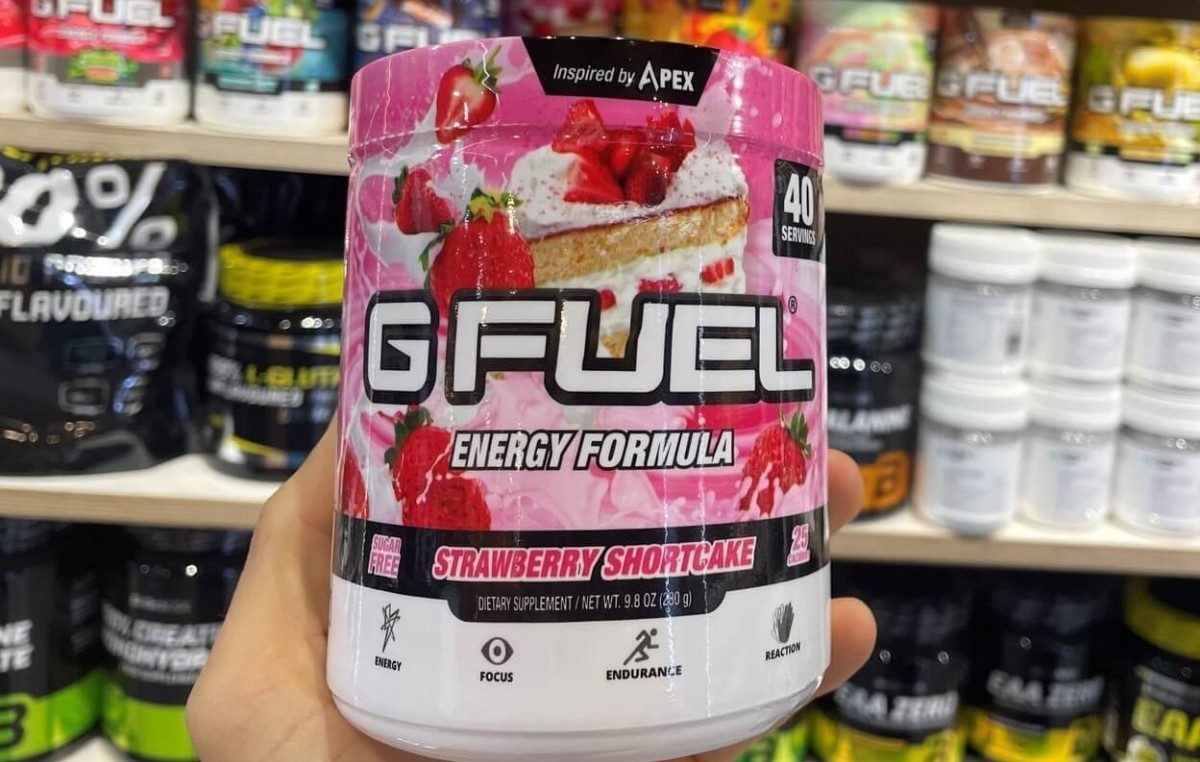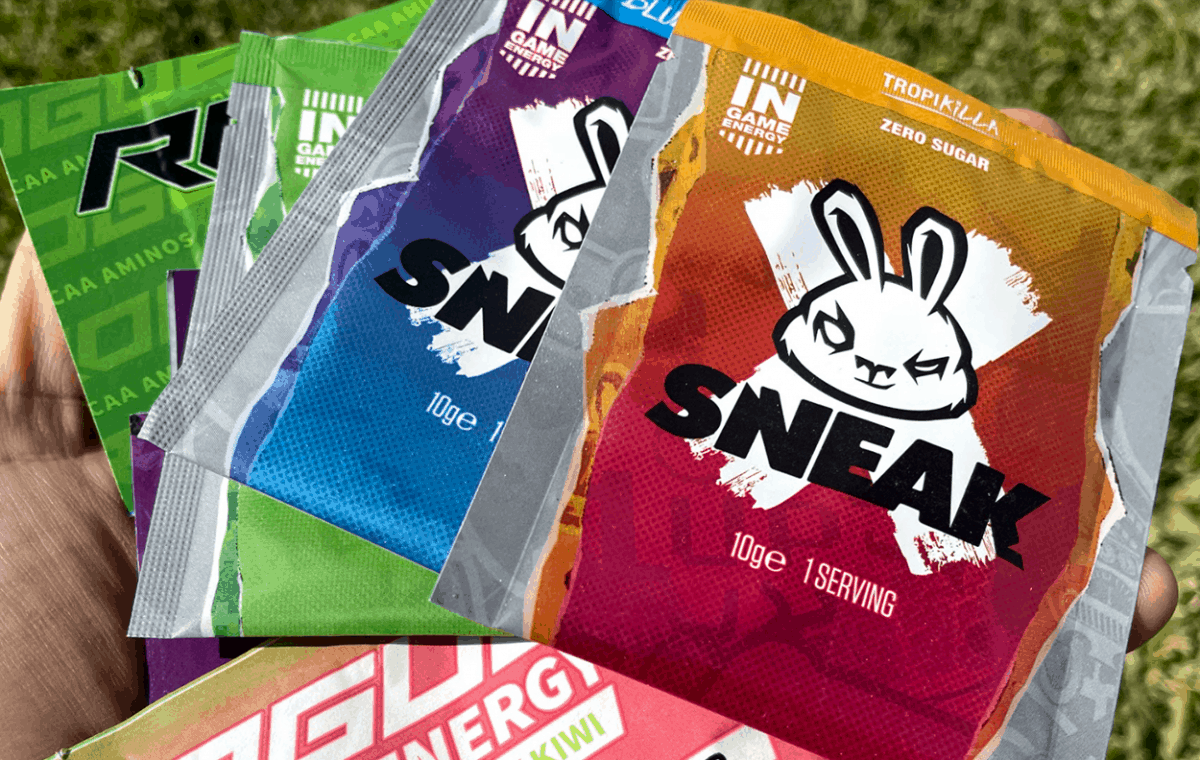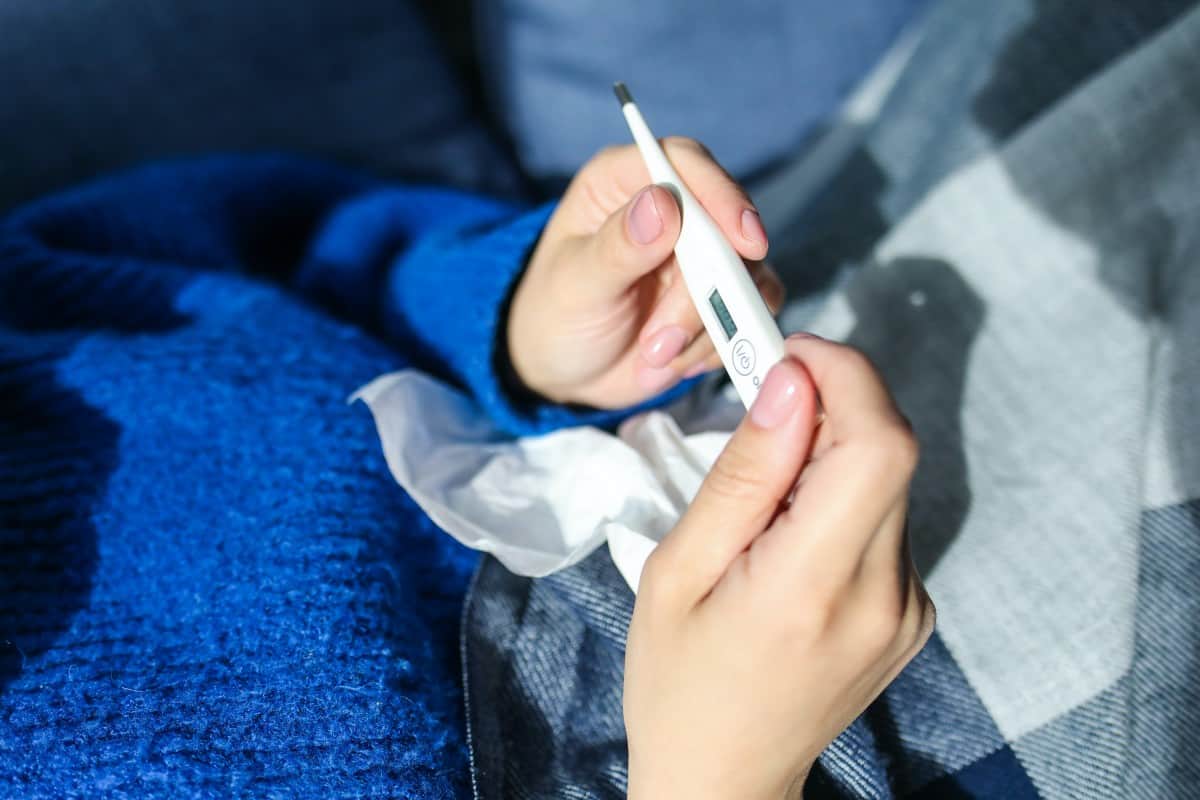
Can Energy Drink Powders Make You Feel Hot? (Answered)
Have you had a good weekend? You must have spent all of your energy having fun with your family and friends and letting them in on the newest gossip and fashion trends.
After a fun-filled weekend, I wouldn’t have the energy to work consistently and energetically, but I have a solution: energy powder drinks.
However, we should know how our bodies respond to energy drinks, particularly after physical activity in warm weather. If you overdo it, your heart will pound, feel hot, lightheaded, and dizzy, and your pulse will race.
Over the past few years, powdered energy drinks have become more popular. Powdered energy drinks, like ready-to-drink energy drinks, help you keep hydrated and maintain your energy levels throughout the day by replenishing your body’s depleted electrolytes.
The two ingredients most typically present in energy powder drinks are caffeine and sugar. They appear beautiful and healthy as a result, yet this is untrue. You can frequently become so dehydrated from them that your body starts to warm up.
Young people who take energy drink powders may have adverse effects of headaches, insomnia, lethargy, irritability, stomach issues, and hyperactivity.
Continue reading to learn more about the adverse effects of caffeine and other ingredients in energy drink powder on your health.
Contents
What Increases Your Body Temperature?
A lot can be learned about your health from your body’s temperature. One of the four vital signs that doctors pay close attention to during a physical is body temperature.
The U.S. National Library of Medicine estimates that the normal body temperature is 98.6 degrees Fahrenheit on average. However, the “normal” range for body temperature is between 97 and 99 degrees Fahrenheit.
A high body temperature can be brought on by hot weather, strenuous exercise, feverish conditions, certain drugs, and fever-producing disorders.
For your muscles to work, you require energy. Your body temperature rises when you engage in intense physical activity because of the heat your muscles produce. The body works to expel the extra heat to return to a normothermic state.
Additionally, smoking cigarettes has been linked to increases in body temperature.
Moreover, it is a risk factor for severe dehydration. Lack of fluids makes it difficult for the body to maintain an average body temperature, which can result in hyperthermia and fever-like symptoms, including chills.
How To Prevent Your Body From Getting Hot?
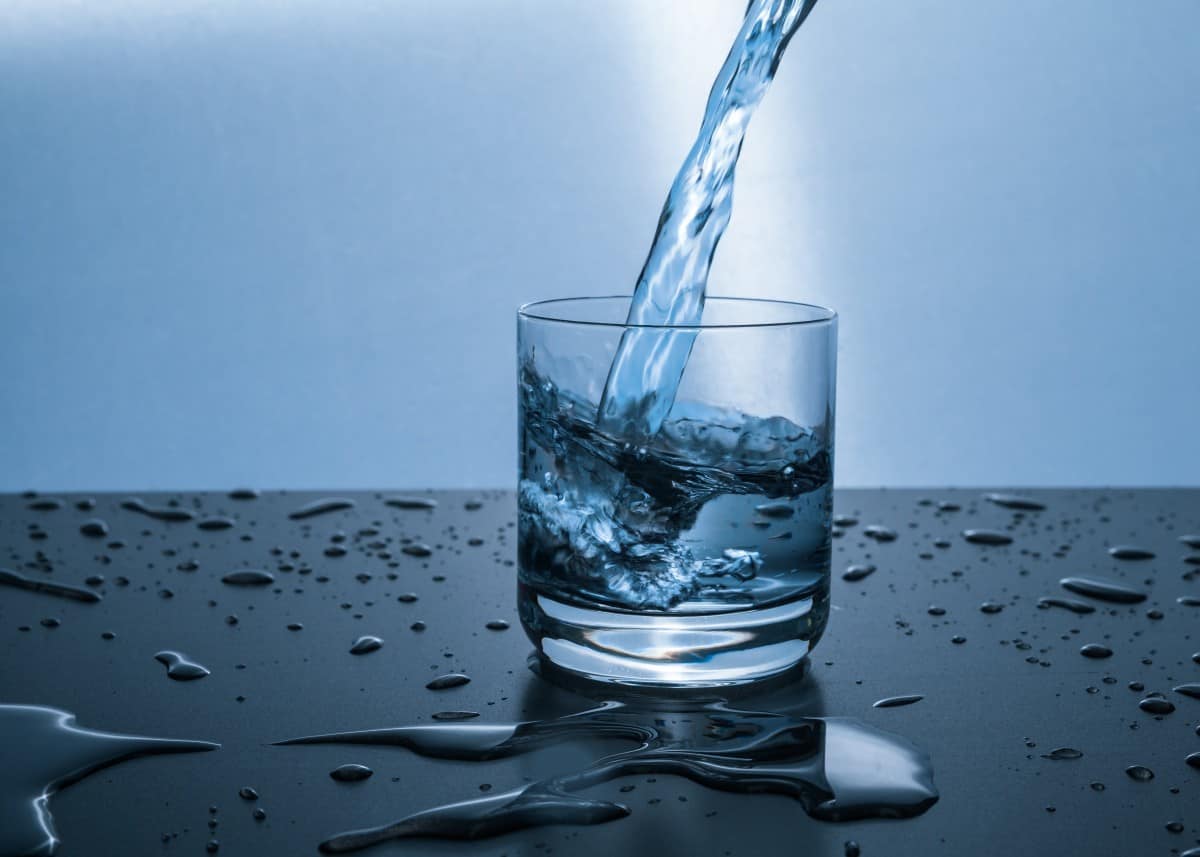
In several methods, body heat can be decreased or avoided.
The cold water helps lower body temperature inside, whereas jumping into a chilly pool is one example of external cooling.
Drinking cool liquids like water or iced tea can help lower body temperature by cooling the body from the inside out. Regular hydration can help reduce body heat by preventing dehydration.
The blood flowing through these veins can be swiftly cooled down by placing cold water or ice on parts of the body with close-to-the-surface veins, like the wrists, neck, chest, and temples.
Utilizing a supplement may assist in regulating body heat, depending on the source of the elevated body temperature.
Evening primrose oil and black cohosh successfully lowered the frequency and intensity of hot flashes in people going through perimenopause or menopause, according to a 2018 study that analyzed plant extracts.
Ingredients In An Energy Drink Powder
The main ingredients of energy powdered drinks are caffeine, taurine, glucuronolactone, B vitamins, guarana, ginseng, ginkgo Biloba, l-carnitine, carbs, antioxidants, and trace minerals.
Energy powder drinks frequently contain sweets to help mask the bitter taste of caffeine drinks without calories or sugar are sold in stores.
| Green Tea Extract | Weight loss, blood sugar regulation, disease prevention, and workout recovery can all be aided. It can also help maintain healthy skin and liver and lower fat blood levels, blood pressure regulation, and brain health. |
| Sucralose | It’s a calorie-free sweetener that can reduce added sugar intake while still allowing you to enjoy the taste of something sweet. |
| B-Vitamins | They aid in converting food into energy (metabolism), the formation of new blood cells, and maintaining healthy skin, brain, and other bodily structures. |
| Guarana Extract | Guarana is said to increase both physical and mental performance. |
| Ginseng Extract | Panax ginseng is used to treat memory and cognitive problems, Alzheimer’s disease, depression, and other ailments. |
| Citric Acid | It’s an antioxidant that’s found in nature. It’s a culinary flavoring, preservative, cosmetic ingredient, and cleaning product component. |
Although the effects of taurine in energy drink powders are unknown, a study found that leukocytic pyrogen (LP), which contains taurine, when given intravenously (I.V.), prevented the initial rise in body temperature and prolonged fever when the infusion was stopped.
The same article states that a taurine infusion comparable to this one prevented I.C.V. PGE2’s (0.5 micrograms) hyperthermic impact, but did not result in sustained hyperthermia.
Although there is a shortage of scientific data, the effects of ginseng as a pharmaceutical agent on body temperature, particularly a “hot feeling,” has been thought to be a potential side effect.
Older folks are known to be more susceptible to the cold, and recent studies suggest that a dietary supplement called L-carnitine may one day be utilized to kick-start the body’s internal heating system.
Caffeine And Increased Body Temperature
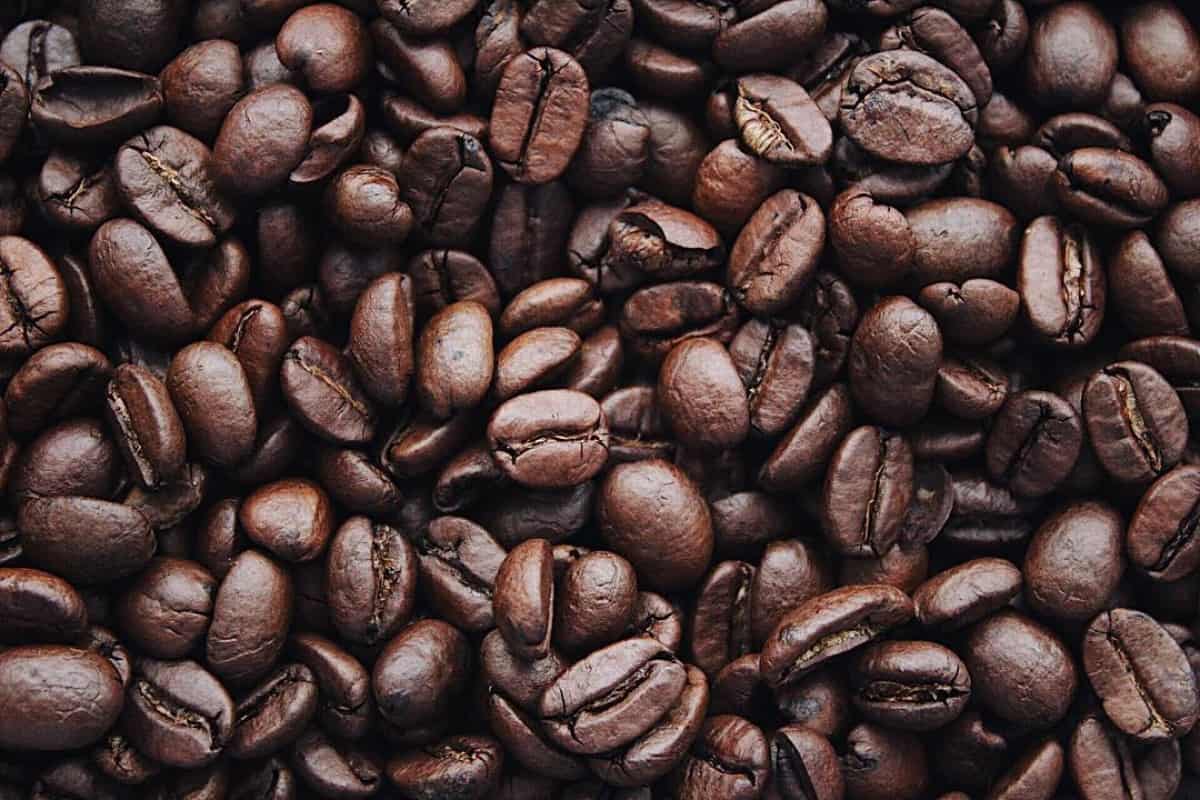
Even though caffeine overdoses are uncommon, they frequently include energy drinks or supplements containing large amounts of this stimulant.
Drinking caffeine in excess might make your body warm-up or become agitated. This could also cause a headache or a low fever.
The FDA has stated that 400 mg per day—roughly four or five cups of coffee for healthy persons—is a level that is not typically linked to harmful, adverse effects.
Doctors are yet unsure how coffee increases fever or interferes with aspirin’s ability to reduce it. They postulate that caffeine may encourage the production of specific hormones linked to fever.
But in the interim, they provide some straightforward advice: those who have fevers should stay away from tea, coffee, and drugs that include caffeine.
While caffeine can raise blood pressure, body temperature, blood flow to the skin and extremities, blood sugar levels, stomach acid secretion, and urine production, it can also lower these same bodily functions (it acts as a diuretic).
Initial studies were conducted on laboratory animals, some of which were given an endotoxin, a bacterial substance that causes fever, and others were given an endotoxin-caffeine combination.
Those who received both experienced higher fevers than those who only received the endotoxin injection.
Can Sugar Increase Your Body Temperature?
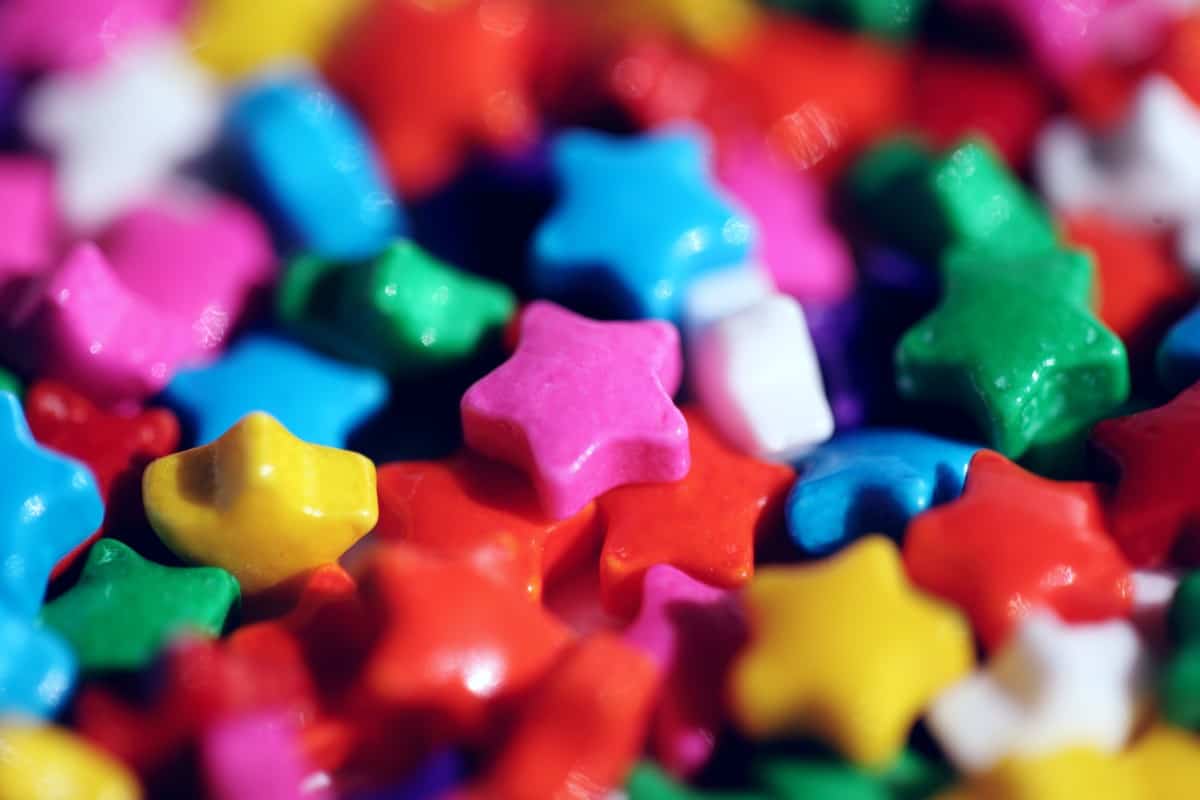
Yes, sugar can increase body temperature if consumed excessively.
Our bodies strive to maintain homeostasis by controlling a vast array of functions. Even a tiny change in body temperature can have disastrous effects on our health since it causes enzymes to slow down, electrolytes to drop too low, and hormones to malfunction.
Diabetes, which naturally causes increased glucose levels, is where this phenomenon is most readily apparent.
It’s significant to note that the issue of glucose-induced variations in body temperature is not just a result of persistently high glucose levels.
The body temperature increases even in healthy individuals without diabetes when blood sugar levels suddenly jump, whether from a glucose infusion or excessive carbohydrate eating.
The blood vessel is the root of the issue when it comes to poor body temperature regulation and high blood glucose levels.
We need a hemodynamic shift resulting from coordinated changes in blood vessel size occurring throughout the body to remove heat from the body efficiently.
Can Energy Drink Powders Make You Feel Hot?
Yes, energy drinks can dehydrate you, raise your body temperature, and sometimes give you a fever.
When exercising, the increased physical effort causes more heat to be produced, often offset by an equal increase in heat loss.
When you consume an energy drink simultaneously, your body may become overheated, which may increase your sweating and cause dehydration. Therefore, it’s crucial to take electrolyte-containing energy powder drinks.
Younan Brikho mentions a 2014 study that was published in the Journal of Biological Rhythms that shows drinking energy drinks right away can temporarily raise body temperature.
Due to the high caffeine concentration, this has been linked to heightened alertness.
Famous Energy Powder Drinks
Ghost Gamer
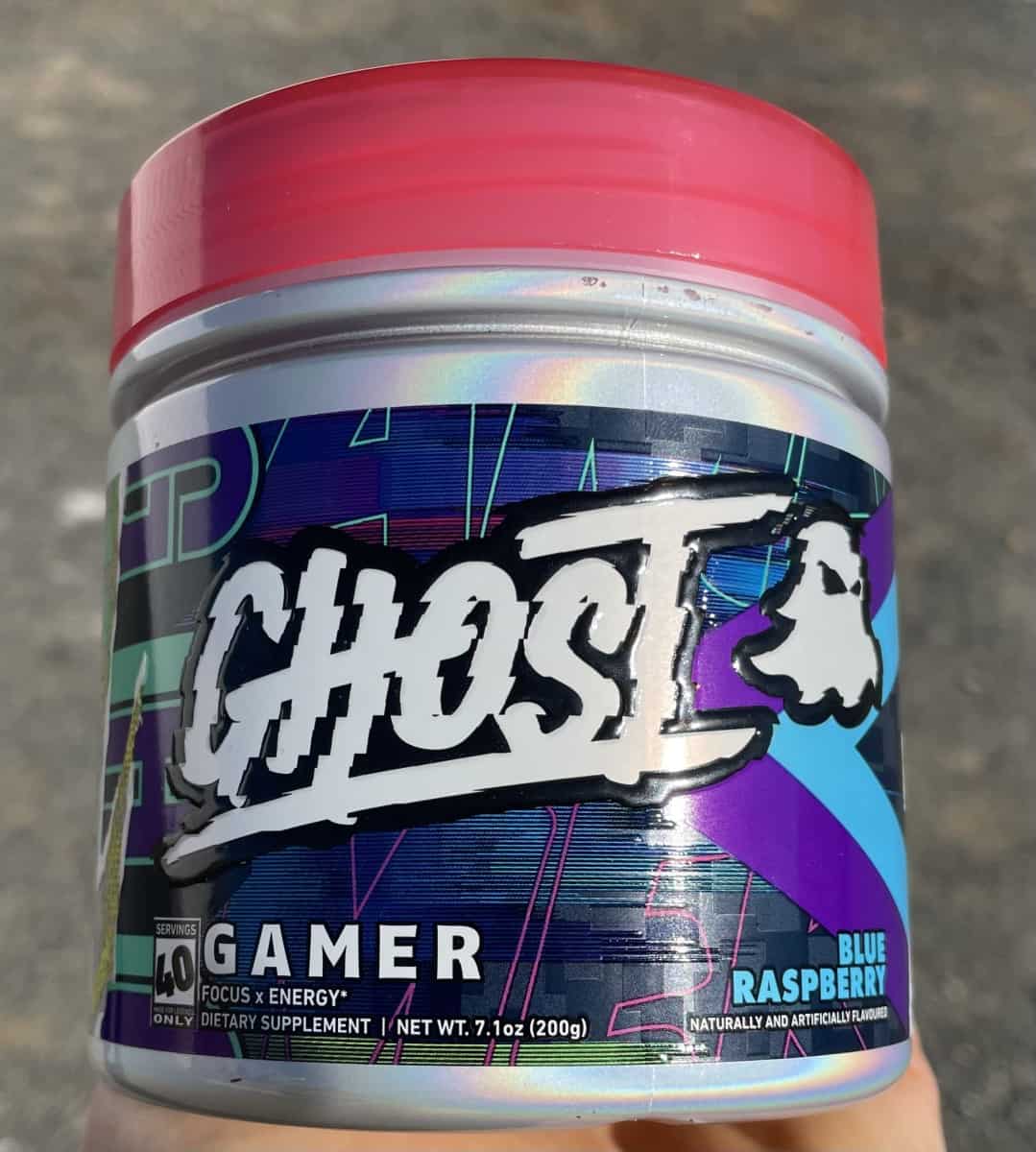
You can maintain your energy levels with Ghost Gamer Energy Drink without consuming excessive amounts of calories or caffeine.
It contains several vitamins, citric acid, coconut water powder, and AstraGin root extracts. So far, these components make Ghost Gamer Energy Drink safe to consume and likely to be effective.
Ghost Gamer Energy Drink contains 150mg of natural coffee beans for its caffeine content.
0.5 g of sugar is contained in two scoops. This beverage has even less sugar than other energy drinks and less sugar than the daily recommended amount.
Glitch Energy Powder
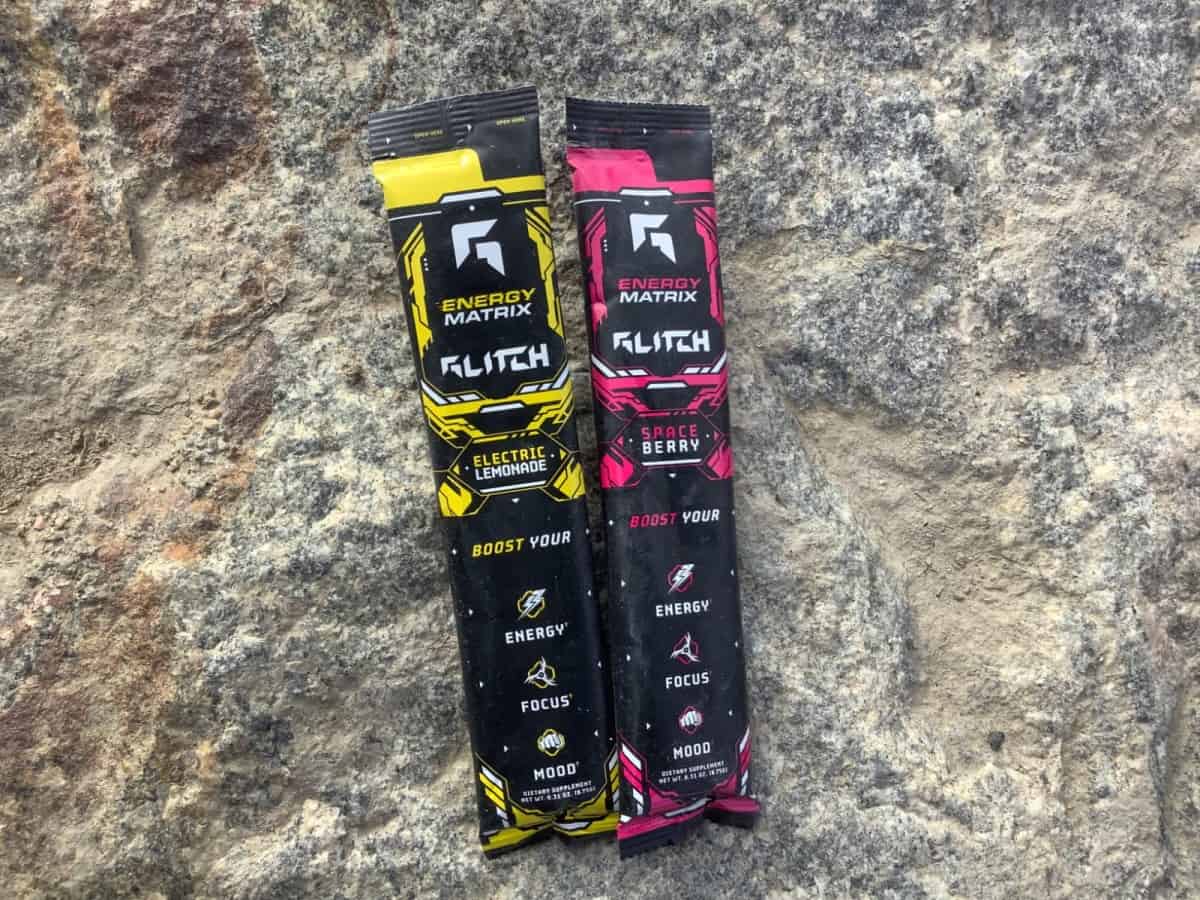
Glitch is a powdered beverage without sugar that contains a combination of nootropics and nutrients at concentrations much below the limits recommended by health authorities. The amount of caffeine isn’t excessive so that you won’t crash.
Each serving of Glitch, which has 150 mg of caffeine, will sufficiently stimulate you. In addition, the beverage’s caffeine is natural.
A common ingredient in pre-workout and gaming beverages is taurine. It surprises people by having extremely subtle effects on you. 2 grams per serving is a safe and far lower amount than that advised.
Glitch has a sufficient number of nutrients to give you pure, organic energy. The various vitamin types are combined.
Conclusion
- It has been demonstrated that caffeine in energy powder drinks promotes diuresis. Due to the risk of dehydration, energy powder drinks should not be consumed during extended activity in a hot environment.
- According to studies, body temperature, heart rate, and perceived effort may all rise due to dehydration at a rate of 1.5 percent after continuous activity.
- Make an effort to get some rest, drink plenty of water, and refrain from consuming any additional energy powder drinks until the fever has subsided. Doing so would worsen your condition.



